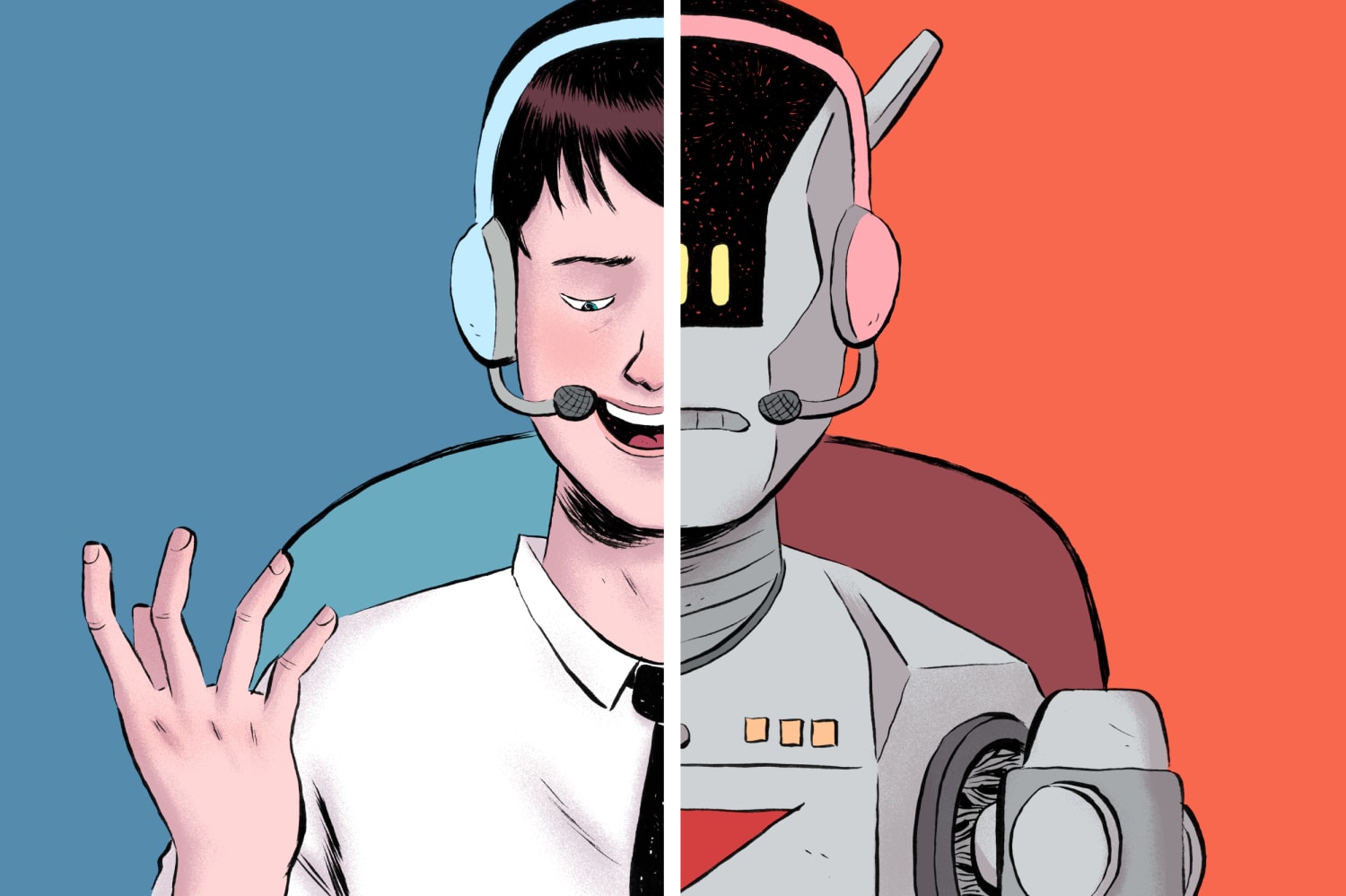1). I have a belief that there is an opportunity to create a phone program that blocks telemarketers from using phony numbers to bombard you with phone calls.
2). Currently, there are no completely effective programs that stop robocalls or calls from telemarketers. The unmet need is the need for privacy and to avoid the pestering of telemarketers. Everyone that has a phone that receives calls from telemarketers and robocalls has this need. This need is not new and has existed for some time. Currently, there are several different but unsuccessful no-call lists. However, there is nothing that successfully prevents these phone calls. I am very certain this opportunity exists.
3). The prototypical customer includes everyone who has a phone.
4). Customer Number 1
He was not very aware of the need. He only receives robocalls around once a month so he has not been bombarded by telemarketers. He began receiving robocalls shortly after he got a new phone number. He isn't currently addressing his robocall problem because it didn't occur often enough for him to be bothered by it. Now that he has considered robocalls, he would use the program, but it isn't something he would go out of his way to use.
5). Customer Number 2
He was very aware of the need. He receives calls from telemarketers and robocalls multiple times a day. He uses his phone for work so the robocalls are a major nuisance in his life. He has gotten robocalls for the past few years occurring at an increasing volume. He has tried several different no-call lists which seems to result in more calls from telemarketers. He would absolutely love a program that stops calls from telemarketers.
6). Customer Number 3
She was also aware of the need. She receives three to four robocalls a week. She has received calls from telemarketers for the last few years, similar to Customer Number 2. She has also tried a no-call list or two, but neither of them worked. She says she would definitely use this program. While she doesn't receive too many calls, she receives enough to be annoyed by them.
7). I learned that my opportunity does exist. However, I was surprised that it is not as prominent as I thought it would be.
8). My opportunity still exists. However, I am now aware that all people are not plagued by the same amount of telemarketer calls. Some people receive very few calls, while others are bombarded by calls. The amount of calls they receive will determine how willing they are to use the blocker program. I definitely think entrepreneurs should be able to adapt their plans. I think it's important to be able to adapt to a changing market.





